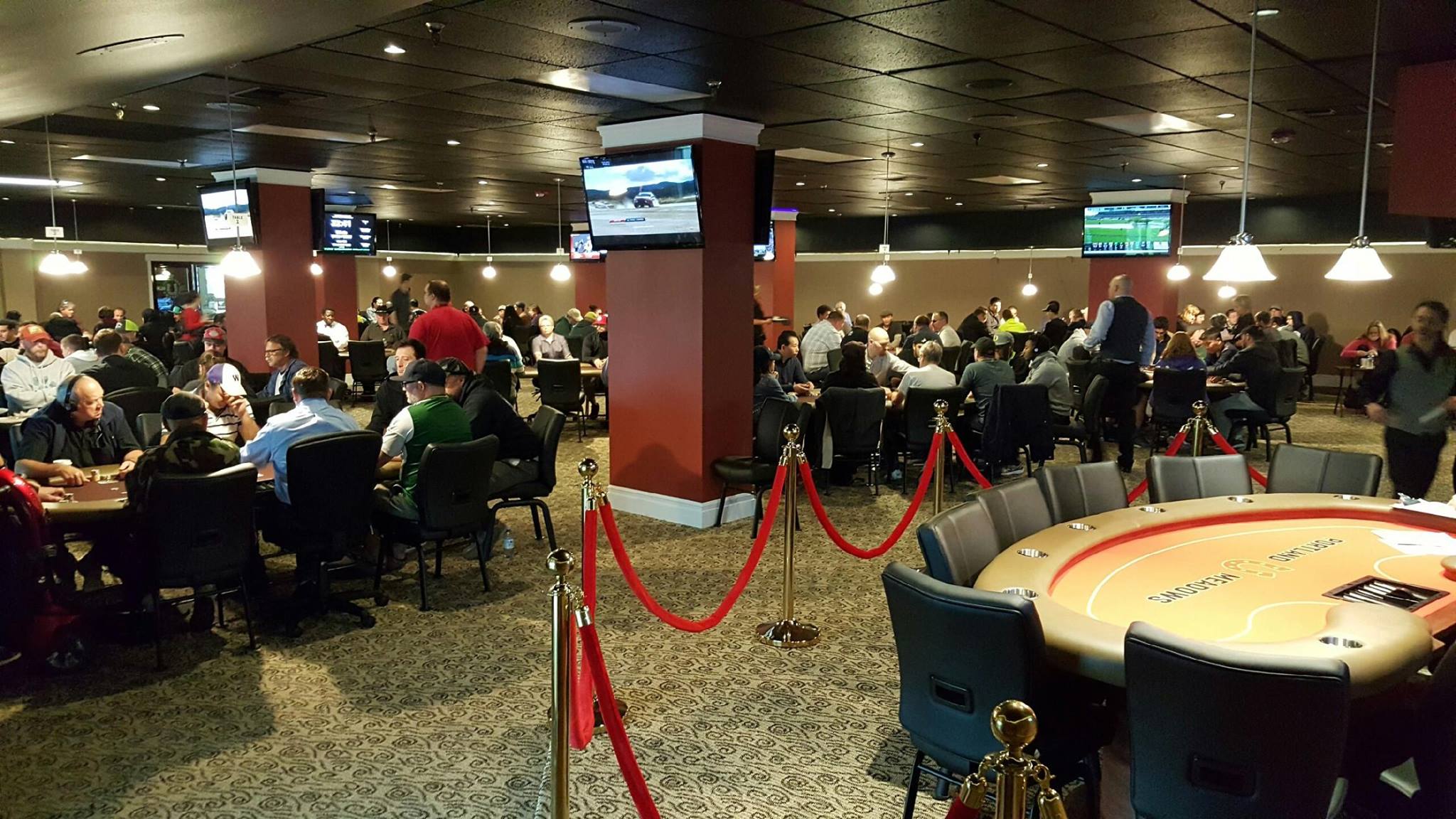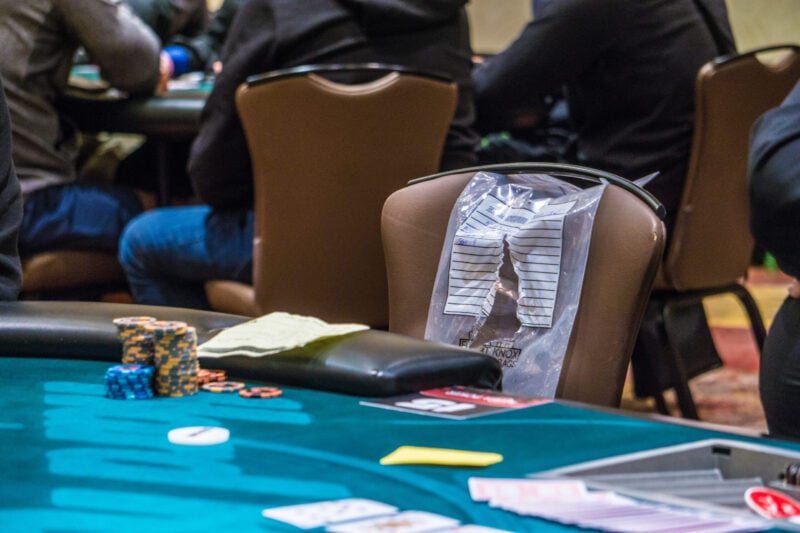The Court of Appeals for the State of Oregon on Wednesday upheld a declaratory ruling from 2018 that a non-tribal Oregon poker room was operating in violation of the state’s gambling laws. The three-judge appellate panel’s ruling also represents a shot over the bow to the 20 or so poker clubs in Oregon who now find their business model affirmed as illegal, and who could risk prosecution by state authorities.

The appellate ruling continues a legal process in play since 2017 when the Oregon Lottery first began an investigation into poker games being offered at Oregon Racing, Inc’s Portland Raceway. In 2018, the Oregon Lottery summarily ruled that the racetrack’s poker games were illegal, while it also yanked its lottery-licensed video gambling machines from the premises.
Portland Raceway took its argument to appeal several months later, where it remained under consideration for more than 18 months. Portland Raceway continued its battle even after both the track and the poker room closed in December 2019. The facility was demolished just two months later.
Door fee ruled as illegal house income
The appellate court upheld both of the primary findings, as originally ruled upon by the Oregon Lottery. First, the $15 door fee that the poker room charged for daily entry was ruled to be an illegal source of house income since the room — like all such live-poker rooms in the state — operated under Oregon’s charitable gambling provisions. Second, the investigation found the room exchanged chips for cash and thus served as a bank, another prohibited activity.
Presiding Court of Appeals Judge Erin Lagesen wrote the unanimous ruling, which tackled the house-bank issue first. Lagesen wrote, “We agree with the Lottery’s conclusion that [Oregon Raceway’s] practice of exchanging players’ money for chips and holding and safeguarding players’ money during gameplay meant that ORI was acting as a ‘house bank.’”
Regarding the separate house-income issue, Lagesen referred to a statutory change made in 1974. Before then, charitable gaming operations in Oregon could take in up to 25% of their total revenue as income. That loophole was closed, however, and as Lagesen noted, replaced with “no house income [can be generated] from the operation of the social game.”
The blanket prohibition covers not only door fees, but even such ancillary revenue streams as parking and food and beverage sales.
Oregon poker rooms under siege
Wednesday’s ruling isn’t the only battle line in Oregon poker clubs’ battle to stay in business.
The state legislature has also considered narrowing the scope of gambling activities permissible under Oregon’s charitable gaming laws. The legislature has been heavily lobbied by the state’s tribal gaming industry to crack down on what it asserts are illegal practices.
Several of the state’s tribal casinos offer poker, and one — the Confederated Tribes of Siletz Indians — filed an amicus brief against the poker rooms’ interests as the appeal was under consideration.
The Portland Meadows poker room was Oregon’s largest when the state began its enforcement actions, and had received approval to operate from the City of Portland. The loss of the poker revenue and the connected loss of more than $1.8 million in annual revenue from the 10 yanked Oregon Lottery terminals factored into the racetrack’s closure.


